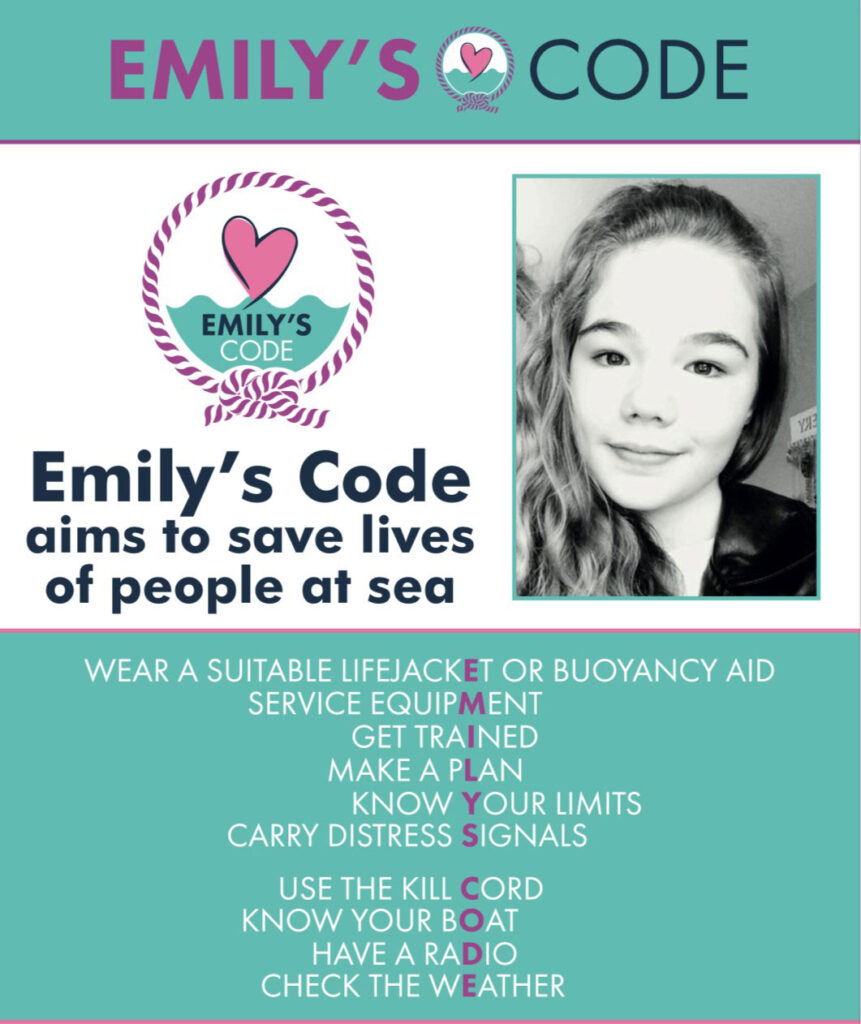Recreational
Welcome to Newhaven Port, a vibrant gateway for recreational boating for pleasure or sport. Whether you’re a seasoned sailor or a weekend cruiser, our harbour offers a welcoming environment. While safety and regulations are paramount, we’ve presented the key information in a clear and friendly manner to ensure your time on the water is both enjoyable and secure.
Safety tips to ensure your time on the water is well spent
- Get trained: Enrolling in a boating safety course can equip you with essential skills and knowledge, reducing the likelihood of incidents.
- Check weather and tides: Always review the latest weather forecasts and tidal conditions before setting out.
- Assess your vessel: Ensure your boat is suitable for the planned trip, with all necessary safety equipment on board.
- Know your crew: Consider the experience and physical condition of your crew members to ensure everyone’s safety.
- Plan your route: Familiarise yourself with navigational hazards by consulting up-to-date charts and pilot books.
- Have a backup plan: Identify safe havens along your route in case conditions change unexpectedly.
- Don’t rely solely on GPS: Technology can fail; always have traditional navigation tools as a backup.
- Inform someone ashore: Let a trusted person know your plans and expected return time.
- Use the RYA SafeTrx app: This free app allows you to log your journey and can assist the Coastguard in an emergency.
Essential equipment checklist
- Lifejackets: Ensure there are enough for everyone on board, and that they’re in good condition.
- Communication devices: Carry a VHF radio and a fully charged mobile phone.
- Distress signals: Have flares or other means to signal for help if needed.
- Radar reflector: Installing one can make your vessel more visible to others, especially larger ships.
- Life-saving signals chart: Familiarise yourself with recognised distress signals to communicate effectively in emergencies.
Navigational rules
Navigational rules for all vessels, small boats and fishing boats navigating in the Newhaven Harbour limits must comply with the International Regulations for Preventing Collisions at Sea (COLREG).
All vessels must also comply with Port Control, Harbour Byelaws and the latest Notice to Mariners.
Speed limits
There is an 8 knot speed limit in the Outer Harbour, and a 5 knot speed limit in the Inner Harbour.
Newhaven Harbour is controlled by a system of signal lights.
All recreational craft are strongly advised to call Port Control (Callsign Newhaven Radio) on VHF Channel 12, prior to movement within the harbour, and request permission to enter or depart.
Swingbridge procedures
If your vessel requires the A259 swing bridge to open:
- Contact Port Control: Reach out on VHF Channel 12 or call 01273 612926, preferably 12 hours in advance.
- Check bridge clearance: The clearance is 8 meters minus the tide gauge reading. If you can pass under the bridge, then you should do so.
- Stay informed: Bridge opening times are posted daily on the website and at the Bridge Control Hut.
Assistance needed?
Visit us: Newhaven Port & Properties Ltd, East Quay, Newhaven, East Sussex, BN9 0BN, download the Code of Practice or use our contact form. We’re here to help ensure your boating experience at Newhaven Port is safe and enjoyable. Happy sailing!
Emily’s Code

Emily Code aims to prevent accidents at sea by highlighting key safety messages and leaves a legacy in memory of 14 year old Emily Gardner who died in a boating accident due to an ill-fitting buoyancy aid snagging on the cleat of a capsized speedboat.
Emily’s parents said: “Many parents like us have no awareness or recreational boating safety guidelines and have never used a boat before. When Emily went on a day trip with her friends, we were reassured that safety was paramount and that the equipment was top notch. If just one family sees this and takes action to protect their children on the water, Emily’s Code will have succeeded. So be smart and follow Emily’s Code.”
Newhaven Port Contact Details
General enquiries please use our contact form, call 01273 612900 or email: admin@newhavenport.com

